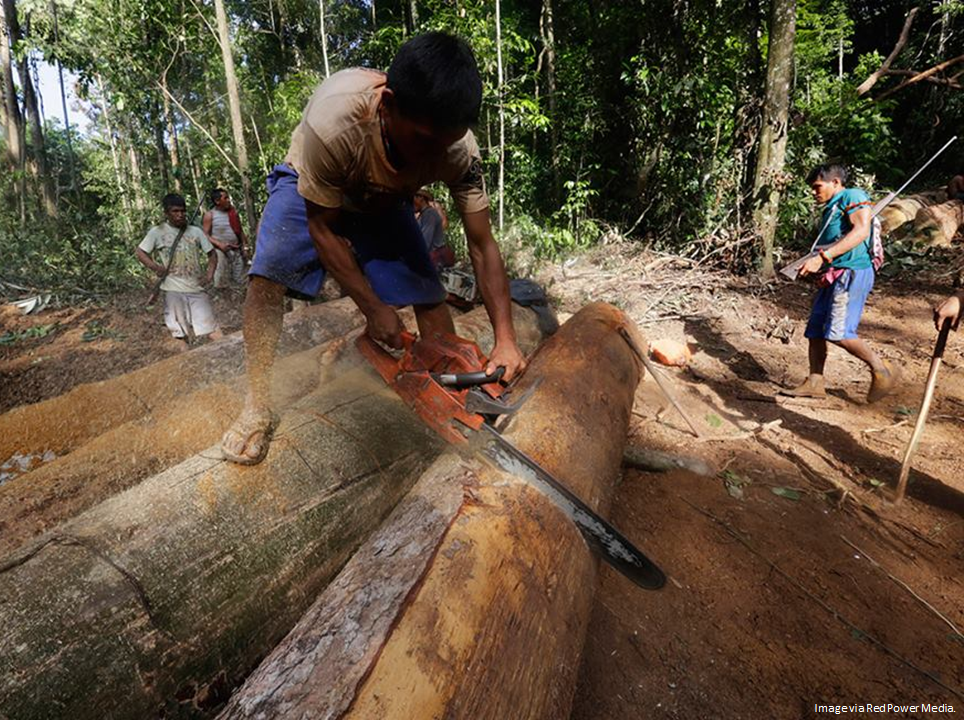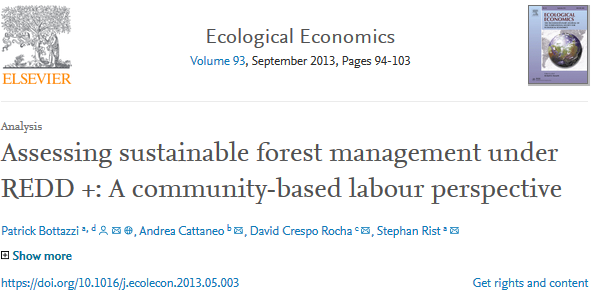
Reducing emissions from deforestation and forest degradation plus (REDD +) encourages economic support for reducing deforestation and conserving or increasing existing forest carbon stocks. The way in which incentives are structured affects trade-offs between local livelihoods, carbon emission reduction, and the cost-effectiveness of a REDD + programme. Looking at first-hand empirical data from 208 farming households in the Bolivian Amazon from a household economy perspective, our study explores two policy options: 1) compensated reduction of emissions from old-growth forest clearing for agriculture, and 2) direct payments for labour input into sustainable forest management combined with a commitment not to clear old-growth forest. Our results indicate that direct payments for sustainable forest management – an approach that focuses on valuing farmers’ labour input – can be more cost-effective than compensated reduction and in some cases is the most appropriate choice for achieving improved household incomes, permanence of changes, avoidance of leakages, and community-based institutional enforcement for sustainable forest management.

Click here to see option of full paper access
![]()

Leave a Reply
You must be logged in to post a comment.